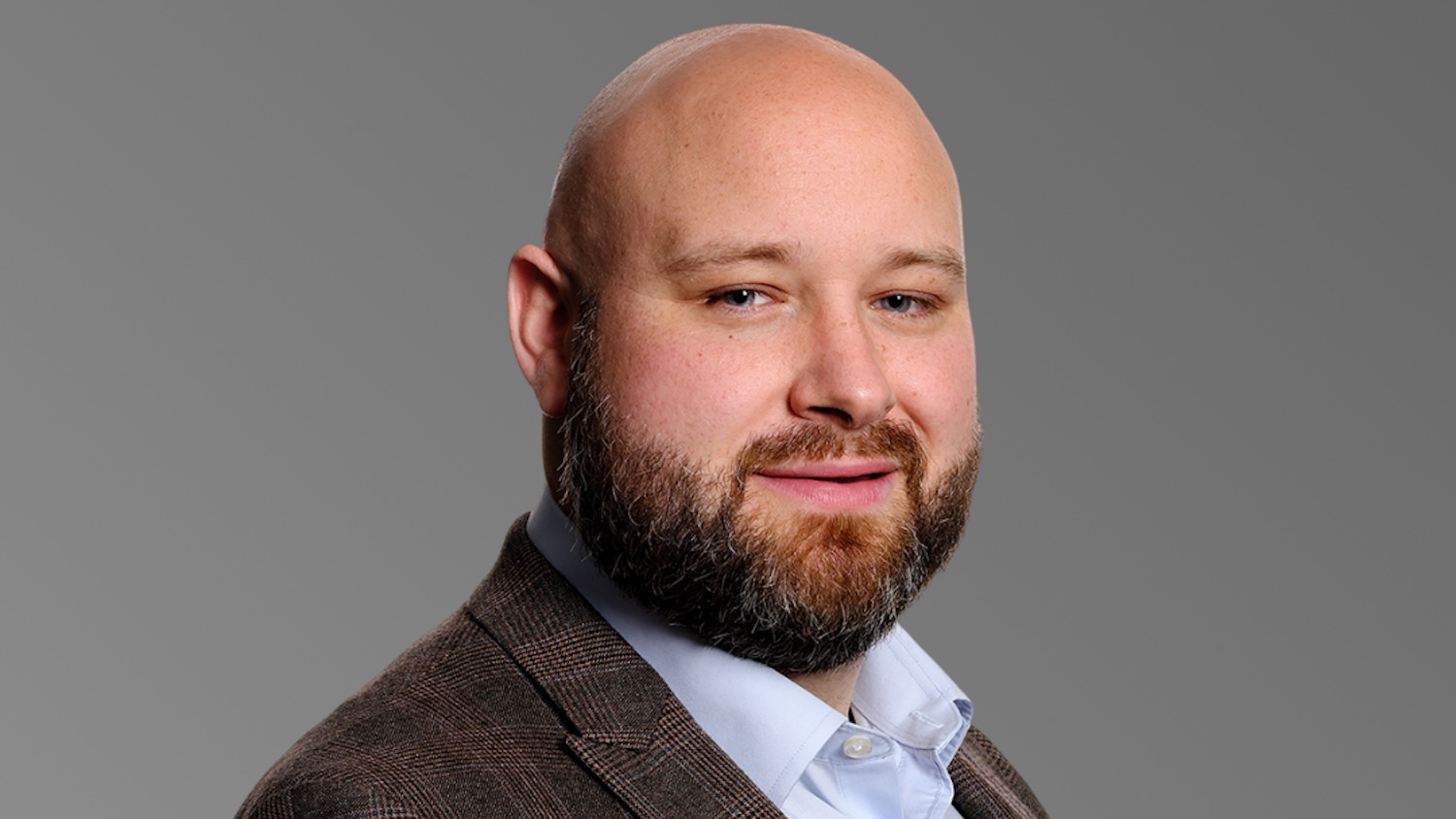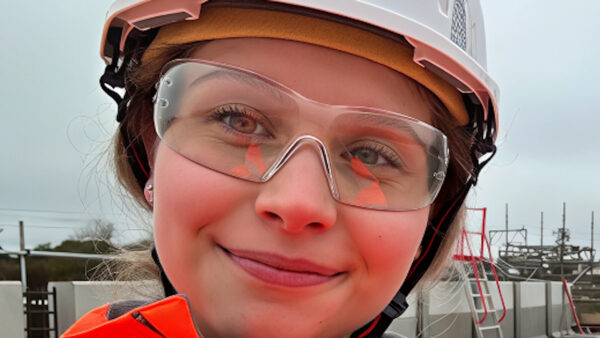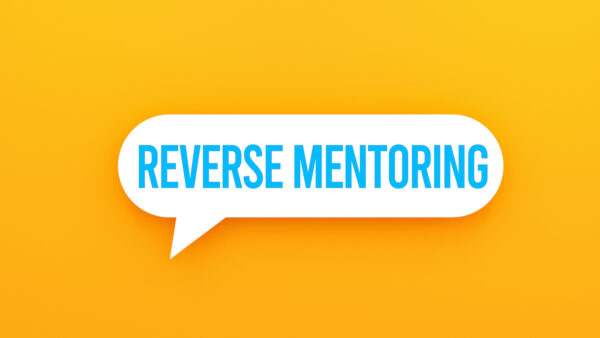
Andrew Kitley, co-founder of Kitall, tells CM People why construction employers need to rethink their hiring processes.
When considering careers in construction, the tired tropes of hard hats, muddy boots and a hyper-masculine environment are all too often front of mind.
What is less familiar, however, is how neurodivergence can be one of the industry’s greatest assets.
Thankfully, that’s becoming clearer. Recent research from the Association for Project Management revealed that making workplaces more inclusive and accessible for neurodivergent people can bring business benefits such as better problem solving, risk management and long-term planning.
However, many of those surveyed believe corporate policies could be improved even further, with the majority saying their companies need more guidance on neurodiversity and how to accommodate neurodivergent staff.
Leading the way
For Andrew Kitley, co-founder of structural engineering consultancy Kitall, industry leaders are instrumental in creating more inclusive work environments.
I’ve learned to look at body language and micro movements in the face to really understand how people feel about what I’m saying
As an advocate for neurodiversity in the industry, he believes leadership should be about building inclusive workplaces, where differences are welcomed and outdated perceptions are addressed.
His personal experience of neurodivergence has undoubtedly shaped his approach to people management and communication within his own business.
“I was diagnosed with dyslexia at seven years old, but I didn’t know I had ADHD until I was a lot older,” he says.
“School was extremely hard for me from an academic perspective, but very enjoyable from a social perspective. This allowed me to become very emotionally intelligent.
“I’ve learned to look at body language and micro movements in the face to really understand how people feel about what I’m saying.
“It is a much better tool than just listening to the words that people say.”
Growing self-awareness
From his early days working in a panel-beating shop with his father to leading multiple businesses, Kitley’s journey has been anything but conventional.
“I was a really good employee when I was younger. My first job was at Asda and I was always commended for my work ethic. I worked hard from a very young age,” he recalls.
But as his career progressed, traditional work structures started to feel restrictive.
“I couldn’t really work with anyone because I don’t particularly have a filter,” he explains. “If I didn’t think something had been done correctly, I would speak up very openly about it.
“The response from a lot of employers was: well, if you think that, go and do your own thing. So, it got to a point where I thought: yes, I will go and do my own thing.”
He describes himself as “amazing at starting businesses, coming up with ideas, finding the right people to run businesses, and building teams”. But he is quick to admit: “I am atrocious [at] processes and systems, which absolutely leave me fried.”
I am a huge believer in diversity in its true self. That means diversity in age, experience, race, gender, background – everything
Need for flexibility
Kitley’s path into leadership was born out of necessity, not ambition. “I was getting to a point where I wouldn’t be employable,” he says.
“Sometimes I burn out and I just need a couple of days off. Looking back 10 years ago, there weren’t many roles that offered that flexibility.”
He credits much of his success to a deep understanding of his own strengths and weaknesses.
“The best thing you can do is be self-aware. We go through life pretending we are self-aware, but we’re not,” he insists.
“We often judge ourselves in harsher terms than we need to. But where we really need to improve, we tend to be nicer to ourselves because the truth is hard.
“When something goes wrong, I always look within before I look out. After assessment – a true assessment of yourself – you have a better understanding of you as a person.
“And being honest about your strengths and weaknesses is the most important thing.”
Hiring the right fit
As an employer, Kitley is a strong proponent of true diversity – not just as a corporate buzzword, but as part of his business’ core strategy.
“I am a huge believer in diversity in its true self. That means diversity in age, experience, race, gender, background – everything.”
His hiring process reflects that belief at every stage.
“Everyone that comes in for an interview [has] to do a Myers-Briggs [personality] test. There’s no right or wrong. It doesn’t tell me if you would fit in with the company. It tells me if you would fit in with the team.”
He adds: “It’s always better to employ people based on how they fit into a team rather than what they can do.
“I have hired some very talented people who just do not work in a team, because they’re great at their job but they’re not great with people.”
Walk and talk
Kitley believes employers in the built environment sector would benefit from rethinking their hiring practices, especially for candidates who don’t thrive in conventional settings.
“Don’t sit in a meeting room and talk to them. Go out for a walk,” he says. “For everyone we’re considering for a role, I’ll ask them to take a walk with me during the interview.”
For neurodivergent candidates, especially those with autism, predictability matters.
“Film videos from the second they walk in show them that they will walk over to this person, then they go up in the lift and sit in this area… then they’re going to be asked questions like this,” Kitley says.
I always say to [new employees]: we’re not here to change the world; we’re here to change our world
“Why should anyone be penalised for just having that fear [of the unknown] that throws them off their game during the interview process?”
A legacy of inclusion
For all new starters joining the company, Kitley encourages them to consider the positive contributions – big or small – that they can bring to the team.
So, what legacy does Kitley hope he’ll leave for his team, and perhaps the wider industry?
“I always say to [new employees]: we’re not here to change the world; we’re here to change our world.
“As a leader, all I can do is provide the best possible environment for my staff which, in turn, will create the best working environment for our clients.”
He also hopes to inspire other employers to stop “putting people into boxes”.
“I can’t stand it when someone thinks: oh, that candidate is neurodivergent so there’s a limit to their capability.
“By talking openly about neurodiversity, I want to highlight the fact that every person is an individual, outside of the ‘box’ that you might want to put them in.”
He concludes: “Don’t close the door on anyone… I’ve been ridiculously privileged in life where I’ve had a couple of people say, ‘You know what? I’ll give you a chance.’ And that’s what matters.”









